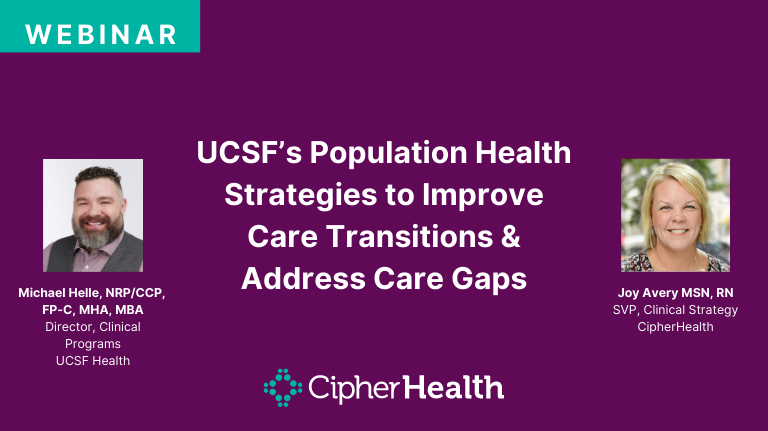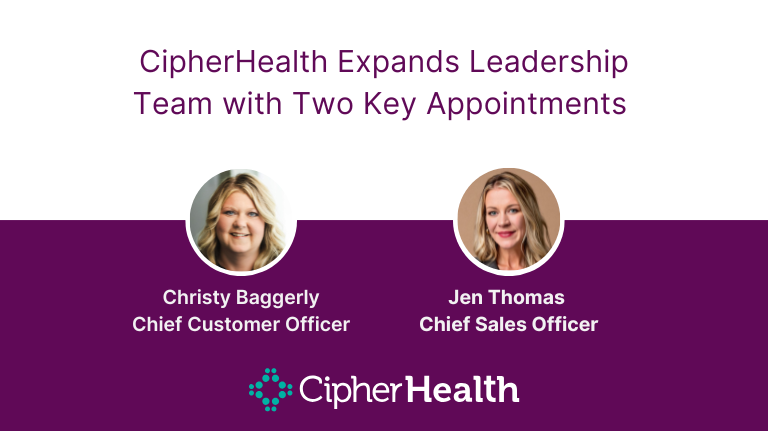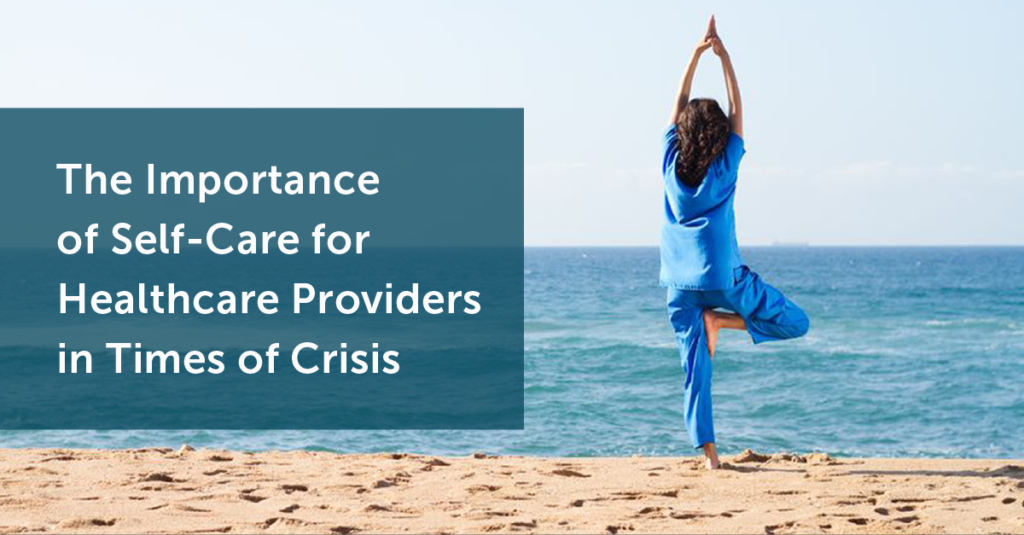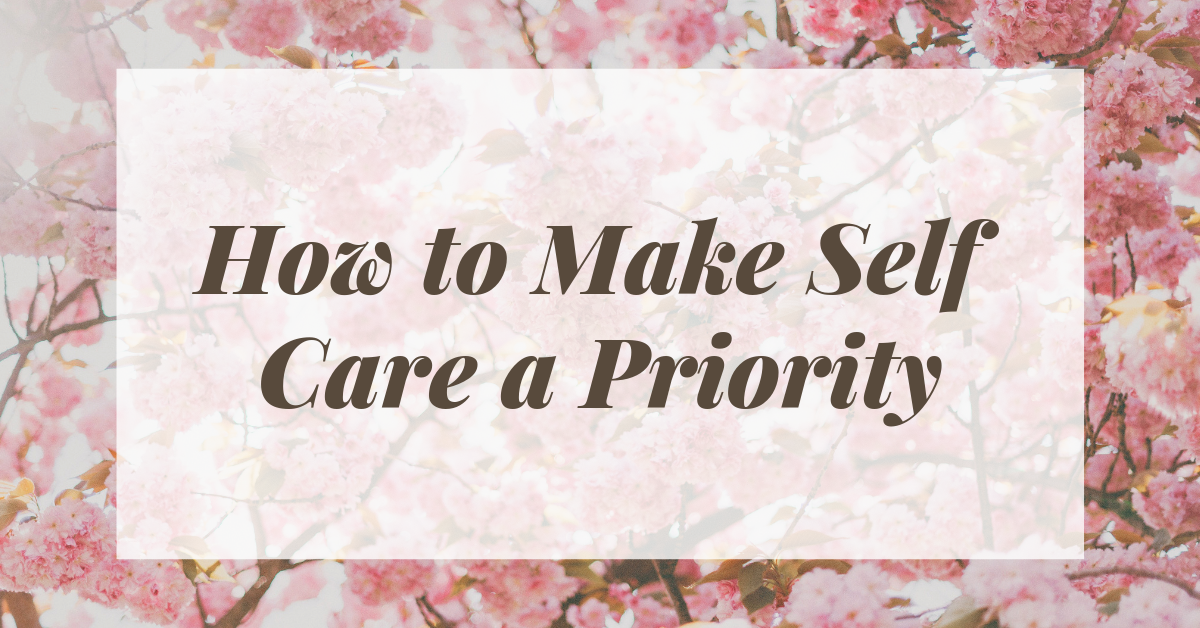Healthcare providers are often inclined to put self-care on the back burner as they care for others. It’s a natural instinct as a care provider to just “keep going”, but during this unprecedented time of crisis we must adjust our mindset. The “new norm” leads each of us to this realization quickly; whether we are on the front lines or playing in the backfield supporting our front-line heroes. To be able to care for the people you love, you must first take care of yourself.
As we endure the stress of this pandemic, we are exposed to so many forms of communication about the importance of self-care. It is overwhelming and becomes incomprehensible when we are so busy that the thought of self-care seems… almost laughable. However, we are dealing with stressors most of us have never endured – working remotely, becoming de-facto teachers, providing childcare 24/7, supporting loved ones who are the most vulnerable, managing households with spouses who may have lost their jobs and income, facing mounting bills to pay with half the income, seeing our colleagues die in the line of duty – so many different inputs at one time. It can feel unbearable.

It is however, because of those very stressors, that it is essential we create time and prioritize self-care. Paying attention to your own physical and emotional health enables you to handle the challenges of supporting and caring for others. Maintaining physical and mental health makes one more resilient, able to weather hard times and enjoy the good ones.
Here are some practical steps provided by Dr. David Wang, Associate Professor of Psychology at the Rosemead School of Psychology, Biola University, for personalizing your self-care strategy:
- Take the necessary steps to protect yourself and your loved ones. The World Health Organization suggests staying informed but avoiding overexposure to news that might cause you to feel anxious or distressed. And once you are able to take reasonable and well-informed measures to ensure the safety of you and your loved ones.
- Acknowledge that you need to cope. You can’t cope with an emotion or a problem that you are unwilling to accept that you have. “I shouldn’t feel anxious or tired or overwhelmed because my circumstances aren’t as dire as others” is the language of denial. Others can have legitimate needs and you can have legitimate needs both at the same time. Don’t let your denial become the burden of those around you.
- Be mindful of how you compensate for your lack of control. It is entirely human to seek out certainty and any semblance of control in the midst of a disorienting and rapidly-changing environment. Some of us compensate through vigilant and meticulous micromanagement (which will often lead to angry outbursts at the slightest derailment), while others compensate through disengagement or helpless surrender. Even our drive to find a source of blame for our problems is tied to control. What is needed for such a time as this has been nicely captured by Reinhold Niebuhr’s Serenity Prayer, “God grant me the serenity to accept the things I cannot change; courage to change the things I can; and wisdom to know the difference.”
- Stay in the present moment. Broadly speaking, anxiety is reflected in a mind that is perpetually oriented to the future, while depression is reflected in a mind that is perpetually oriented to the past. Staying in the present moment (or even in the present day) ensures that the burdens we carry today are just today’s burdens (rather than the burdens of yesterday and tomorrow as well).
- Take care of your body. Eat healthy, regular meals—to the extent that you are able. Exercise regularly. Spend time outside. Breathe deeply. Get plenty of sleep and avoid strenuous mental or physical activities as you approach bedtime. Avoid/limit alcohol and drugs.
- In moments of acute distress, distract yourself. While holding your breath, splash your face with cold water or press the area between your eyebrows with a cold pack (this triggers what scientists call the “dive response”). Engage in intense exercise for a short time, like running, jumping, doing sit-ups. And then afterward, watch your favorite comedy on Netflix or YouTube. And while you’re doing that, enjoy your favorite snack (I love BBQ Lays Chips).
- Stay connected with others and reach out for support. Research suggests that one of the most consistent and powerful predictors of resilience and recovery in the face of emotionally stressful situations is social support—being reminded that others care and that we are not alone. Social support can be emotional (aimed at meeting emotional needs), instrumental (aimed at meeting practical needs), formal (with professionals such as psychologists or counselors), and informal (with family and friends). All of it is helpful and at any given point, we may find ourselves needing one form more than another.

Until next time, stay safe, take care of yourself, and be well…
-Joy
We at CipherHealth have been proactively working to meet the needs of hospital and healthcare workers during the pandemic with new programs and communications specifically tailored for the crisis — to help automate workflows and free nurses up for bedside patient care, as well as their own self care.












